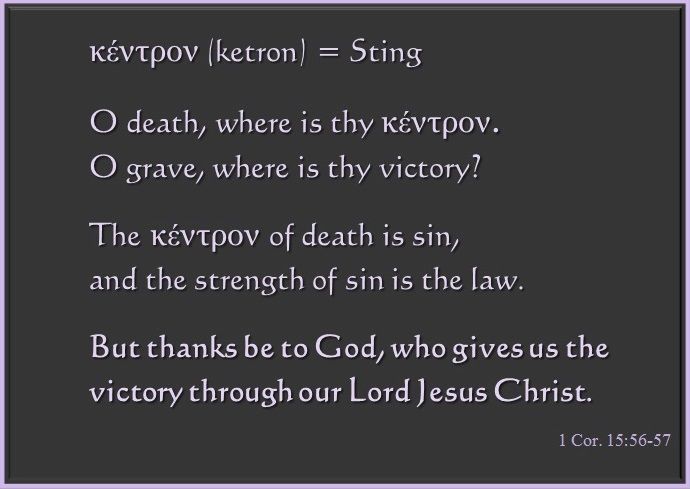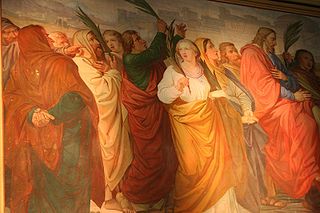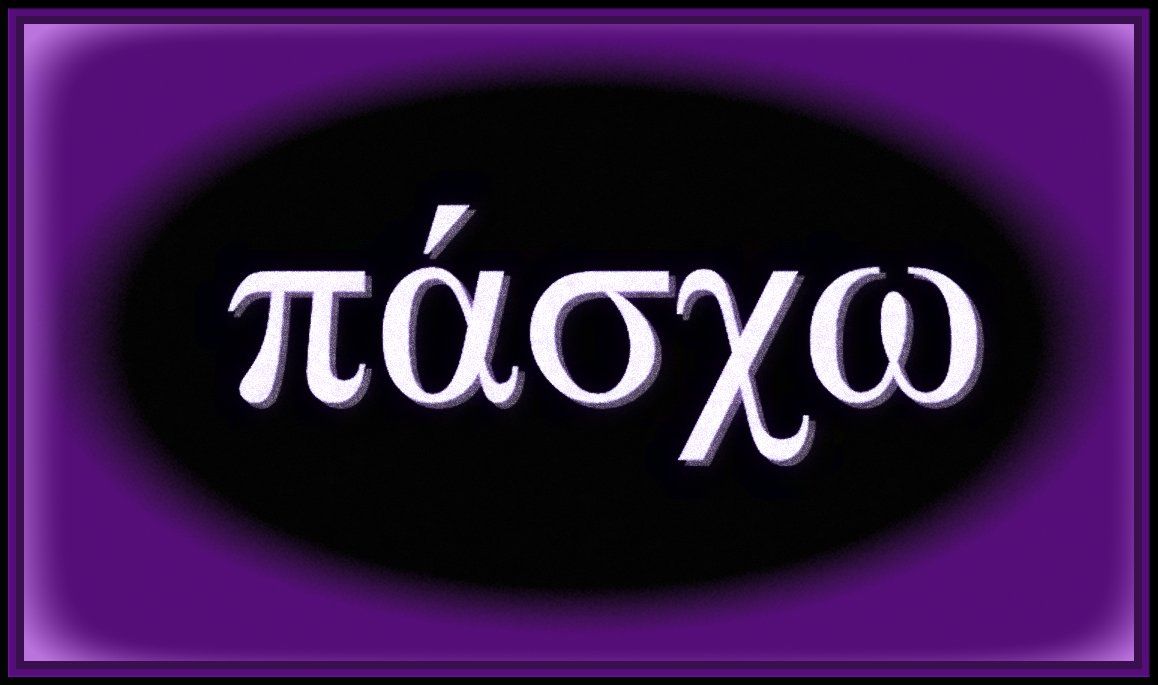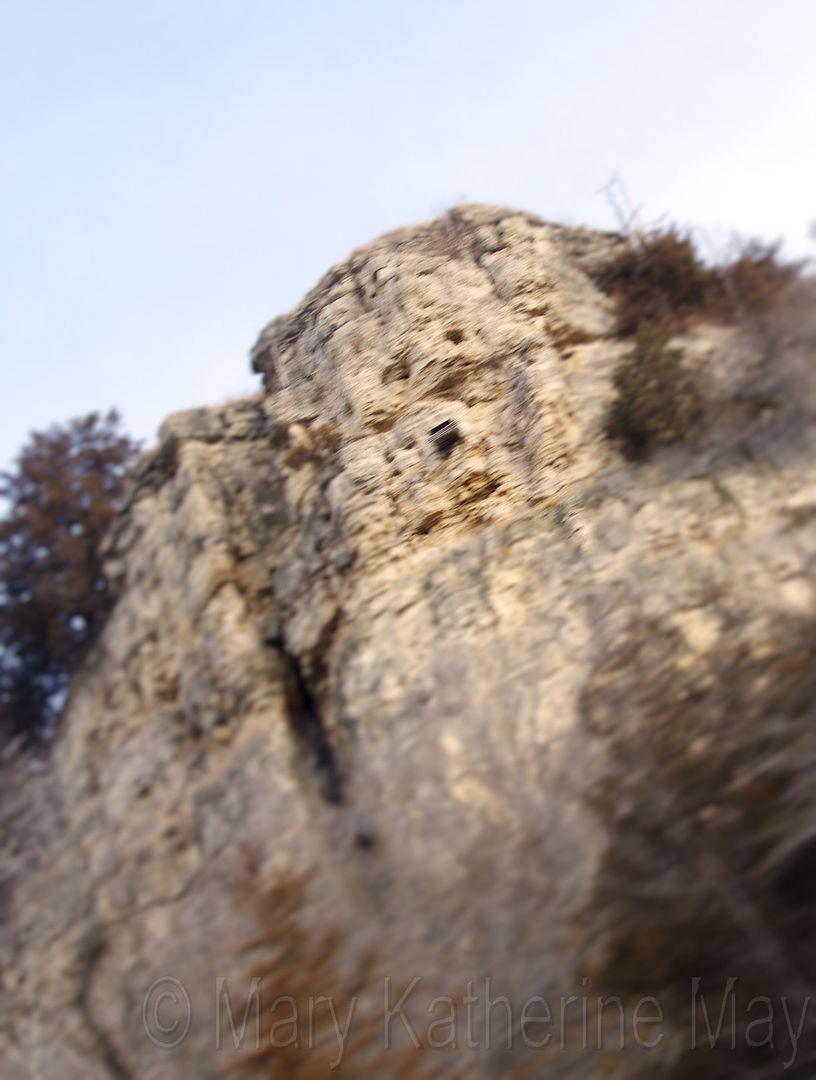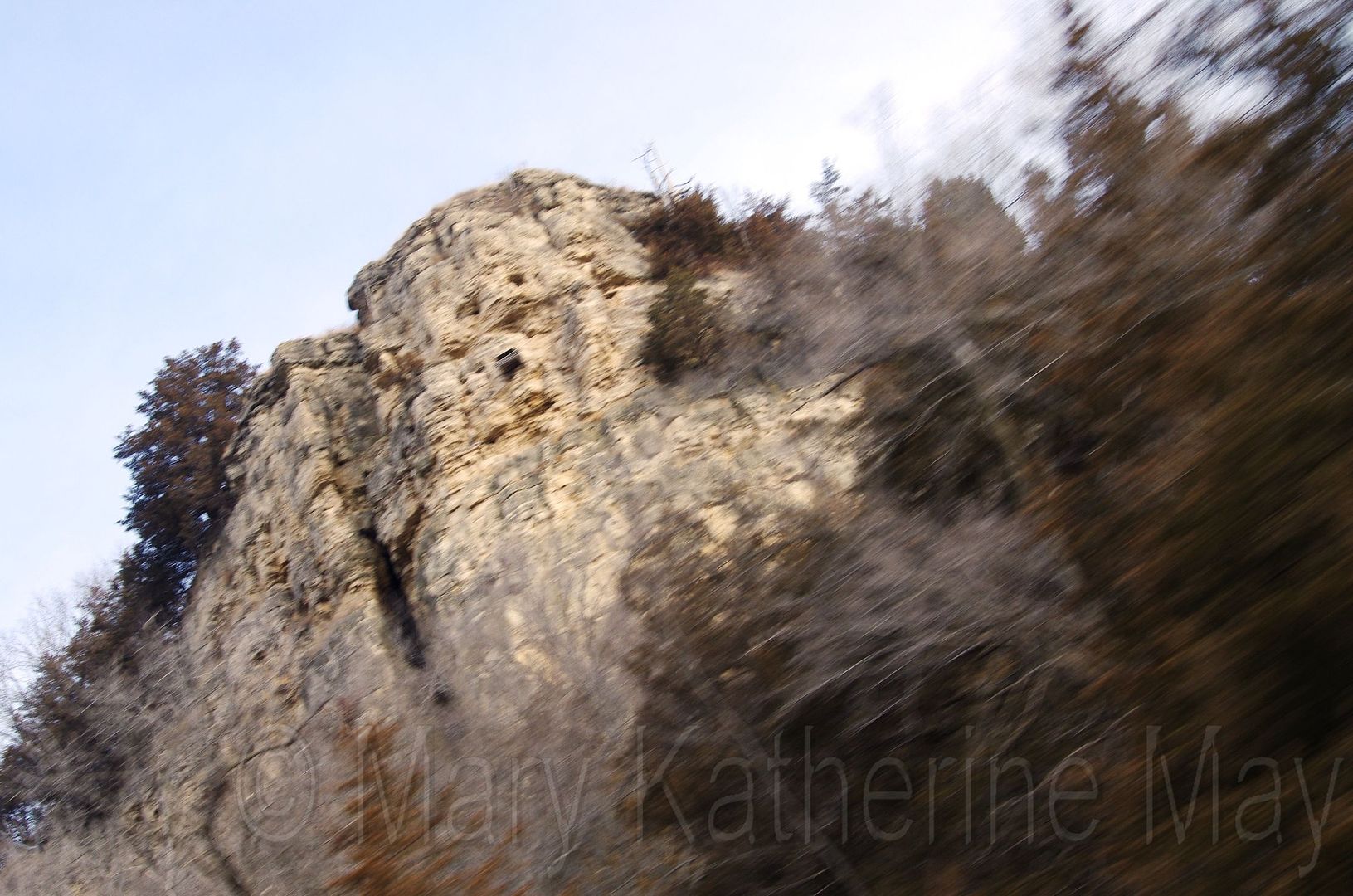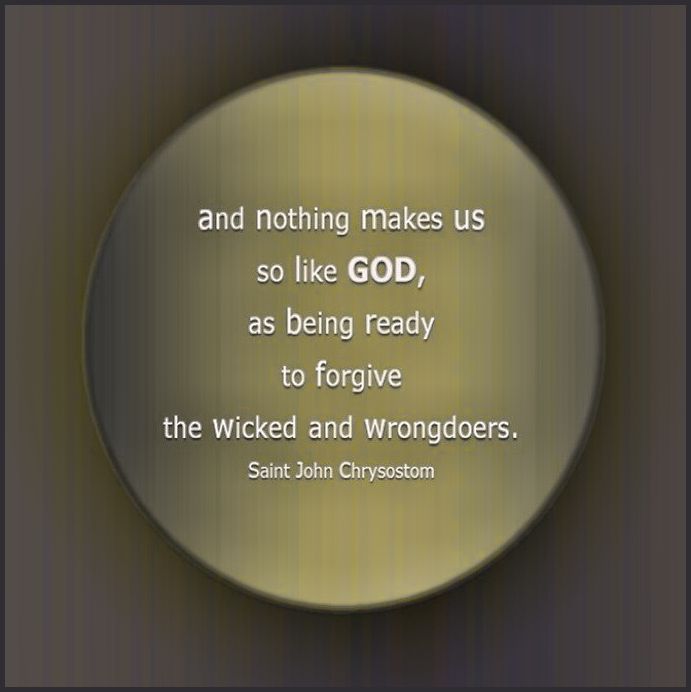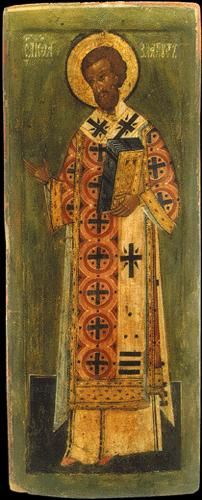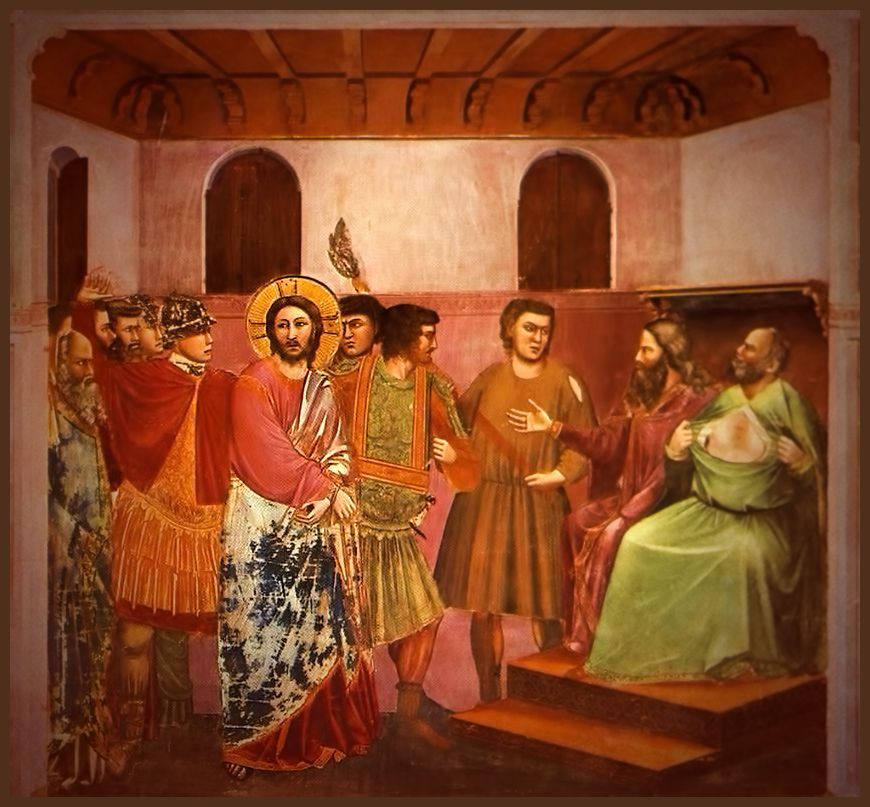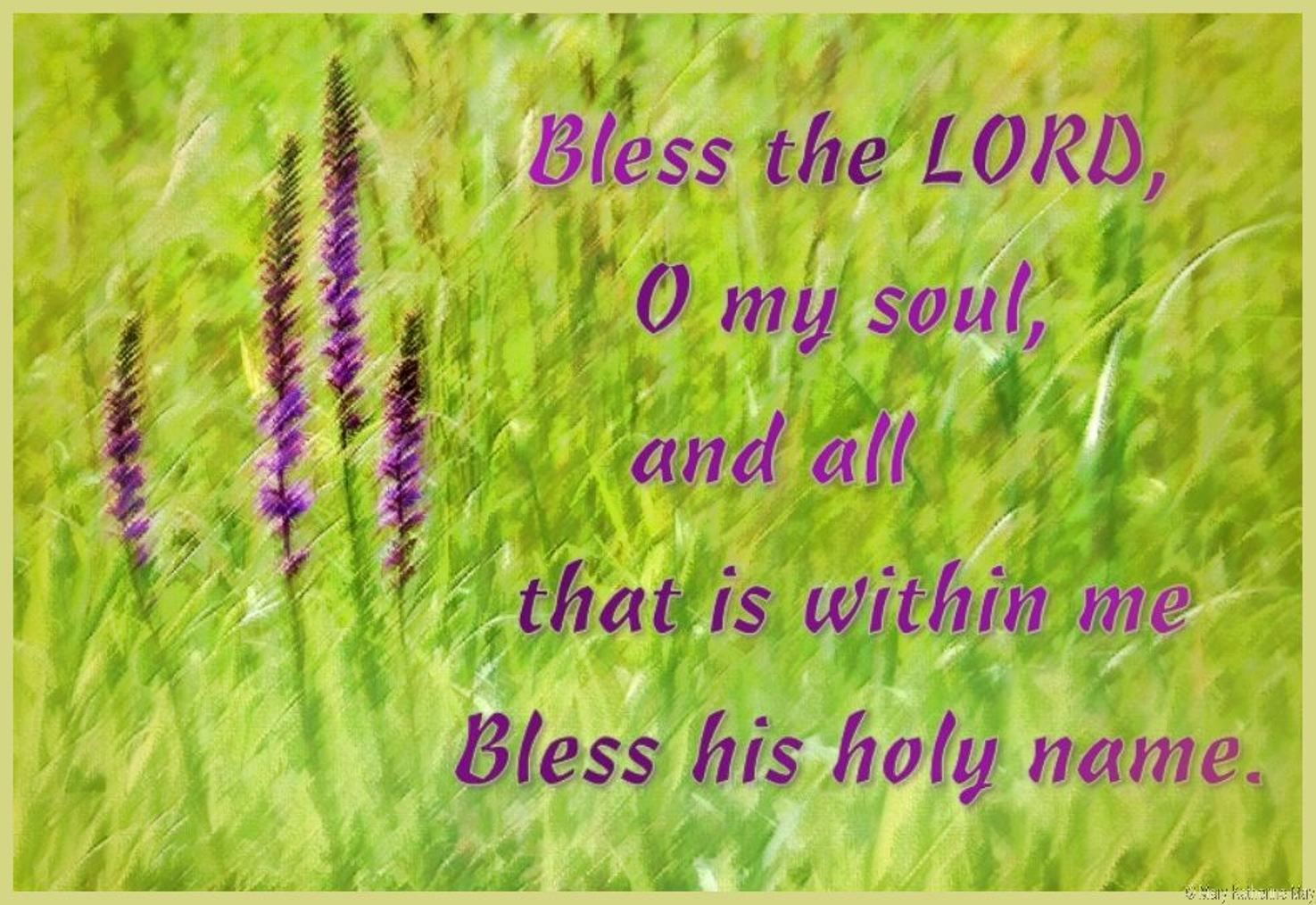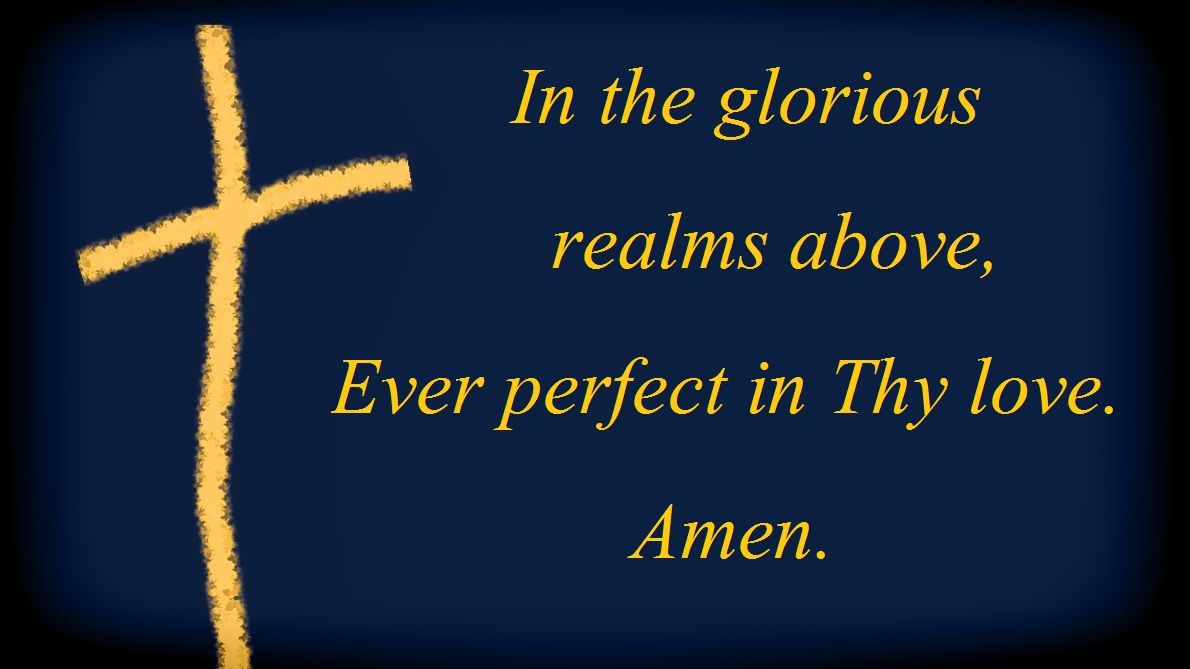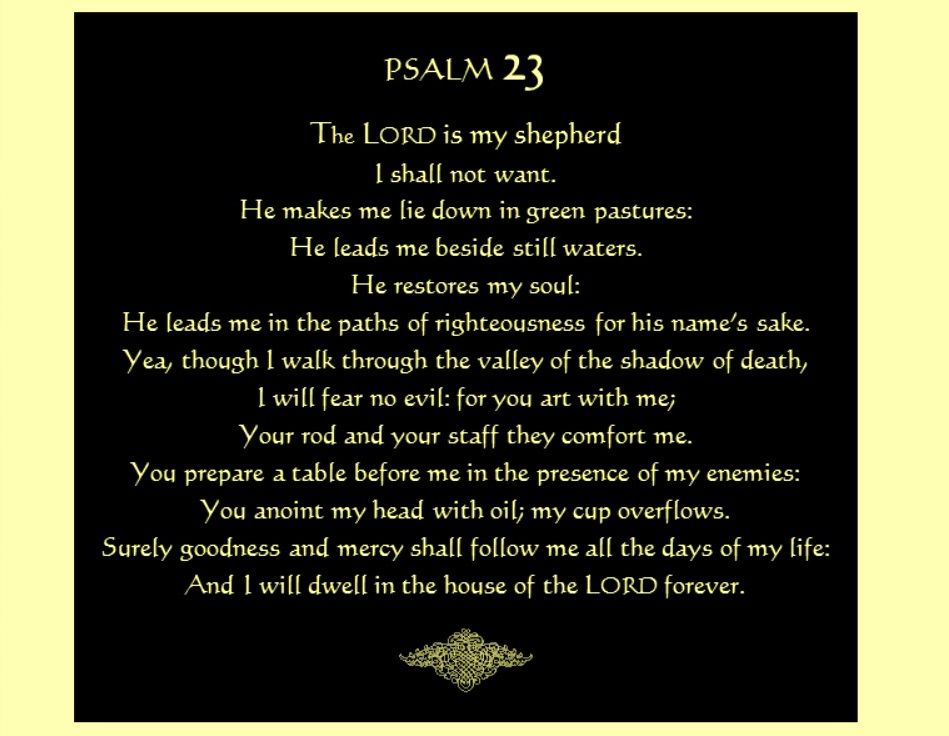 |
| Psalm 23 |
Jesus, Golgotha, Valley of the Shadow of Death Psalm 23
blog post article by Mary Katherine May
Comments welcomed and read.
For some time now I have been inspired by the relation of Jesus Christ to Psalm 23. Who is the Shepherd in this beautiful Psalm? Is it in some way a hymn of the love of God and his saving act through the Messiah? What, or where is the Valley of the Shadow of Death? Here are a my thoughts.
On the
cross Jesus the Messiah hung, suffering cruelly the unjust punishment meted
upon him. Did God use people to accomplish
his purpose of reconciliation and thus deny them an eternal reward? I think not, for it was only through their
own real nature of evil that what happened came about.
Darkness Over the Whole Land
Mark 15.33, 37. And when the sixth hour was come, there was darkness over the whole land until the ninth hour. And at the ninth hour Jesus cried with a loud voice, saying, Eloi, Eloi, lama sabachthani? which is, being interpreted, My God, my God, why hast thou forsaken me? And Jesus cried with a loud voice, and gave up the ghost.
In the fourth hour on the cross Christ’s body, in the process of dying, was passing from life—through the valley of
the shadow of death. The Hebrew word for the shadow of death, or death shadow is tsalmaveth.
Shadow of Death (צלמות tsalmavet, Strong's Concordance #6757): The Hebrew language rarely includes compound words (two words put together to form one word). One of those few compound words in Hebrew is tsalmavet which is the word tsal [str:6738] meaning "shadow" and mavet [str:4194] meaning "death." The "shadow of death" is despair, danger or tragedy which is understood as a deep impenetrable darkness. (source link)
God asks in Job 38:17: Have the gates of death been opened unto
thee? or hast thou seen the doors of the shadow of death?
Bible Commentary by Adam Clarke, 1831: Shadow of death - Σκια θανατου, used only here and in Luke 1:79, but often in the Old Covenant, where the Hebrew is צל מות tsal maveth, It is not easy to enter fully into the ideal meaning of this term. As in the former clause, death is personified, so here. A shadow is that darkness cast upon a place by a body raised between it and the light or sun. Death is here represented as standing between the land above mentioned, and the light of life, or Sun of righteousness; in consequence of which, all the inhabitants were, involved in a continual cloud of intellectual darkness, misery, and sin. The heavenly sun was continually eclipsed to them, till this glorious time, when Jesus Christ, the true light, shone forth in the beauty of holiness and truth. Christ began his ministry in Galilee, and frequented this uncultivated place more than he did Jerusalem and other parts of Judea: here his preaching was peculiarly needful; and by this was the prophecy fulfilled. (source link)
Jesus Christ Lived the Life We Live
Jesus
lived the earthly Christian life and even through the valley of the shadow of
death and is leading the way. The
Valley of the Shadow of Death may be the time of passing from earthly life, an
emotional feeling of despair or hopelessness, a time of fierce struggle and hardship, or a demonic battle
for a soul. In a larger spiritual sense, this valley is separation from
God. These are the times when we feel that not a single person is near enough to help that the Savior consoles the soul.
As
long as the heart beats, every human being has the possibility of eternity in
Heaven, how every slim the opportunity may be.
Life in Christ is light, and life outside of Christ is impenetrable darkness. We have
relationship with God only through Jesus Christ. We live now with Jesus Christ in us
through the power of the Holy Spirit.
The
Flock without a Shepherd: Confusion and Chaos
Matthew
9: 36. But when he saw the multitudes, he was moved with compassion on them,
because they fainted, and were scattered abroad, as sheep having no shepherd.
Jesus Christ, The
Good Shepherd
John
10: 11. I am the good shepherd: the good shepherd gives his life for the
sheep.
John
10: 14. I am the good shepherd, and know my sheep, and am known of mine.
Psalm 23: The Shepherd Who Provides All We Need
 |
| Psalm 23 |
The
well-loved hymn, Psalm 23, is an exquisitely beautiful expression of the
confidence and strength by which believers are able to walk through any
darkness they encounter. New Testament
Scripture expands and enhances the Psalm’s meaning, offering in a sense an
interpretive commentary.
1 The
LORD is my shepherd; I shall not want.
Matthew
5: 6. Blessed are they which do hunger and thirst after righteousness: for they
shall be filled.
John
6: 35. And Jesus said unto them, I am the bread of life: he that comes to me
shall never hunger; and he that believes me shall never thirst.
2 He
makes me to lie down in green pastures: he leads me beside the still waters.
John
10: 9. I am the door: by me if any man enter in, he shall be saved, and shall
go in and out, and find pasture.
Luke
8: 24, 25. And they came to him, and awoke him, saying, Master, master, we
perish. Then he arose, and rebuked the wind and the raging of the water: and
they ceased, and there was a calm. And he said unto them, Where is your faith?
And they being afraid wondered, saying one to another, What manner of man is
this! for he commands even the winds and water, and they obey him.
3 He
restores my soul: he leads me in the paths of righteousness for his name’s
sake.
Matthew
11: 29, 30. Take my yoke upon you, and learn of me; for I am meek and lowly in
heart: and ye shall find rest unto your souls. For my yoke is easy, and my
burden is light.
4 Yea,
though I walk through the valley of the shadow of death, I will fear no evil:
for you art with me; your rod and your staff they comfort me.
Luke
1: 79. To give light to them that sit in darkness and in the shadow of death,
to guide our feet into the way of peace.
5
You prepare a table before me in the presence of mine enemies: you annoint my head with oil; my cup runs over.
John
16: 23. These things I have spoken unto you, that in me you might have peace. In
the world you shall have tribulation: but be of good cheer; I have overcome the
world.
6
Surely goodness and mercy shall follow me all the days of my life: and I will
dwell in the house of the LORD forever.
John
14:26, 27. But the
Comforter, which is the
Holy Ghost, whom the Father will send in my name, he shall teach you all
things, and bring all things to your remembrance, whatsoever I have said unto
you. Peace
I leave with you, my peace I give unto you: not as the world gives, give I
unto you. Let not your heart be troubled, neither let it be afraid.
Matthew
28:20b. and, lo, I am with you always, even unto the end of the world.
AMEN.
